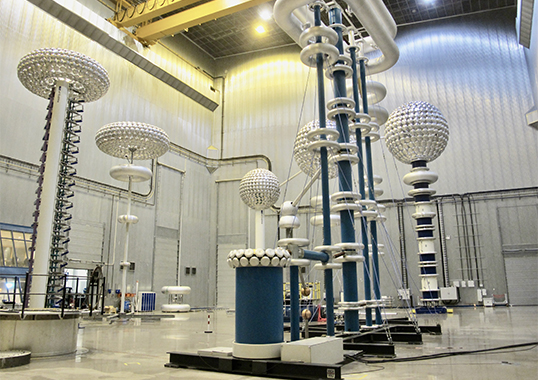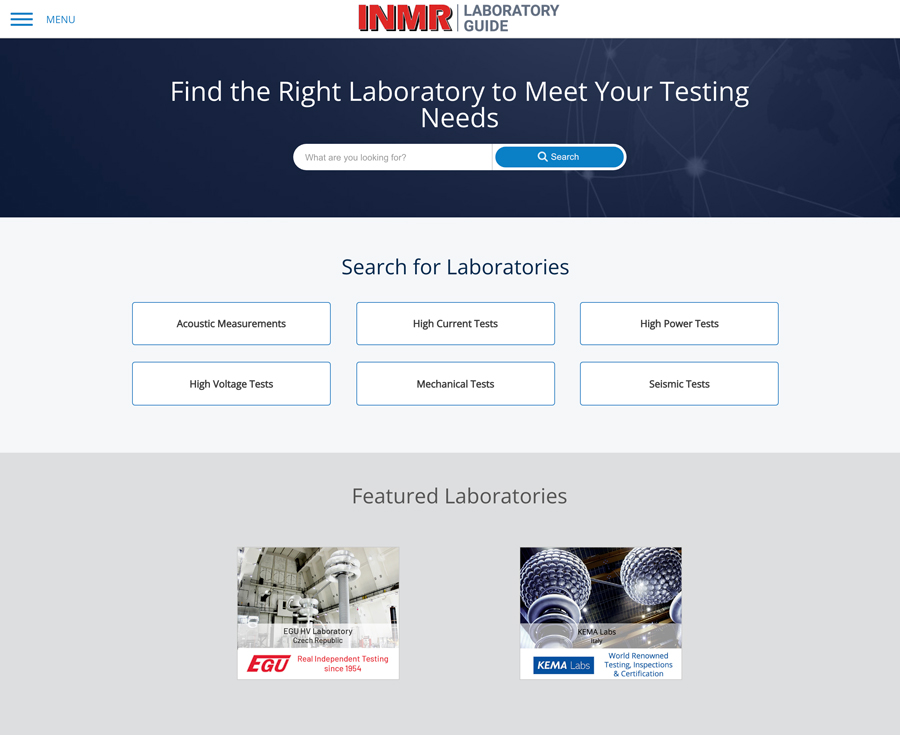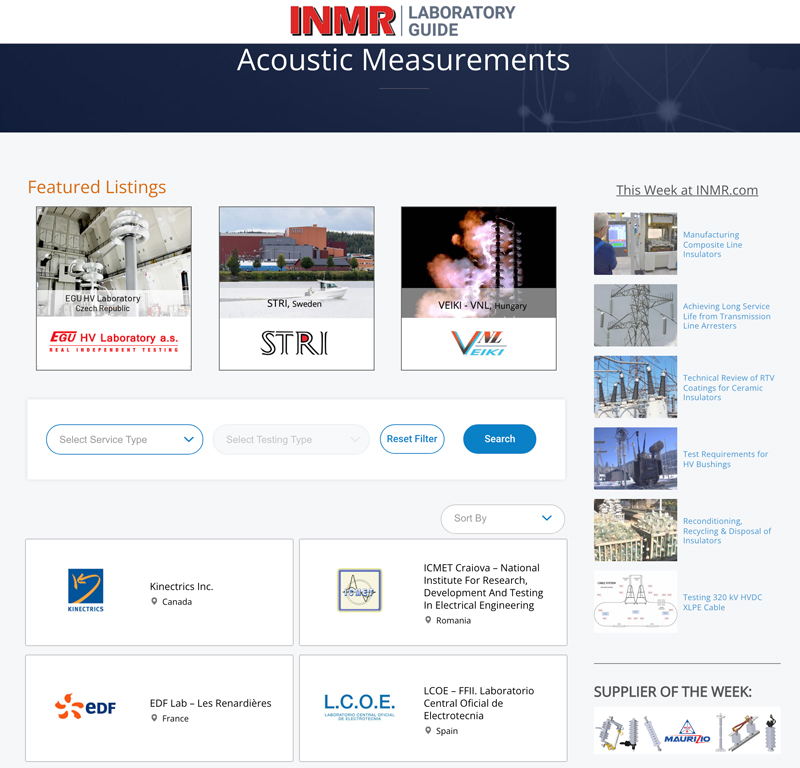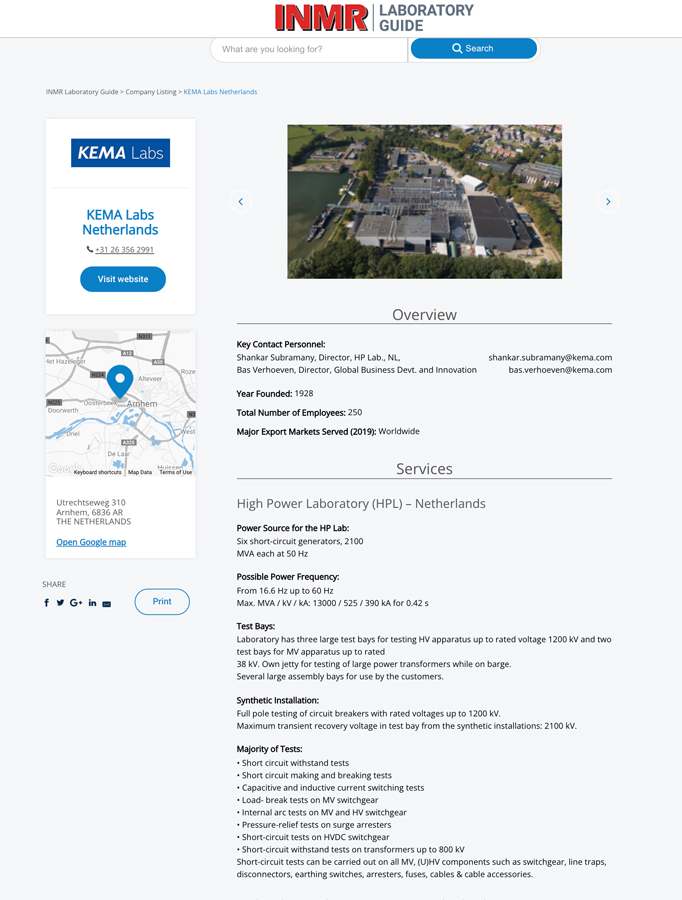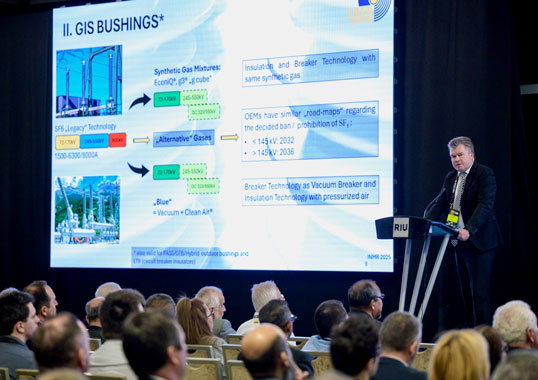The transmission and distribution sector faces the constant challenge of delivering reliable as well as affordable electrical power and is always looking for ways to improve both. Standards-based certification of equipment has traditionally been viewed as the most trusted way to ensure the quality of components that make up the grid and contribute to reliability. But what form should certification take? And how can components best be assessed against the requirements of the relevant standards? Laboratory-based testing has always been and remains the ‘gold standard’ for equipment certification. Exposing a piece of equipment to realistic conditions that mimic both normal operation and fault situations, yet in a controlled environment, provides the most complete picture of how it will behave in the field. At the same time, continuing advances in computer technology and modelling algorithms raise a question: can simulation replace laboratory testing?
CIGRÉ explored this issue in a past report by Working Group A3.20 that focused on use of simulation tools to assess high voltage circuit breakers. In particular, it compared results from simulated and physical dielectric tests on an SF6 breaker with simplified geometry. Simulations were carried out by six experts using four commercial software packages and results were compared against each other as well as against results from independent physical tests. The study found that while simulation tools proved to be excellent at predicting electric fields and resulting stresses inside a breaker chamber under static conditions, they were far worse at predicting dynamic stresses. Simulation tools can accurately determine stress when a component is functioning normally and up to the point of failure. However, these cannot reliably predict what will happen once that component has started to fail and therefore struggle when it comes to determining withstand capabilities. In fact, withstand predictions in the CIGRÉ report varied by around 40% of the (simulated) average value and also deviated from measured performance by up to another 40%.
Clearly, simulation is a valuable development tool. But it cannot match the accuracy and reliability of physical type tests when assessing performance of high voltage components. This highlights how difficult it is to predict how equipment will behave during operation, particularly under fault conditions. It also has consequences for alternative means to assess high voltage equipment that rely on calculation and explains why physical laboratory testing remains the most trusted means to assess quality of grid components. Such a conclusion is reinforced by another CIGRÉ study, this time looking at the short circuit behaviour of transformers. That study found, among all large power transformers that failed due to short circuit, one-third had successfully passed design review. But none had undergone a physical short circuit test.
The conclusion is that physical testing can uncover issues that might otherwise remain hidden. Equipment certification based on laboratory testing is the best way to give all stakeholders more confidence in the components that make up a power grid. While testing is often seen as the high cost option, of factoring in the cost of major failures in energy supply, i.e. repair, fines, liability claims, etc., it remains a cost-effective solution to assess quality and expected performance of key grid components and equipment.
INMR LABORATORY GUIDE is your convenient online portal to obtain information on the testing services and equipment at leading HV & HP laboratories across the globe.
A first menu allows user to select between High Power, High Voltage of Other types of laboratory testing.
Clicking on any laboratory name and logo opens up a link to useful overview information as well as a comprehensive list of testing resources and capabilities.
INMR LABORATORY GUIDE is an easy-to-use on-line reference that links you instantly to leading test laboratories across the globe.
[inline_ad_block]

